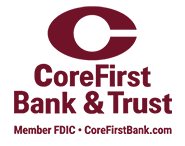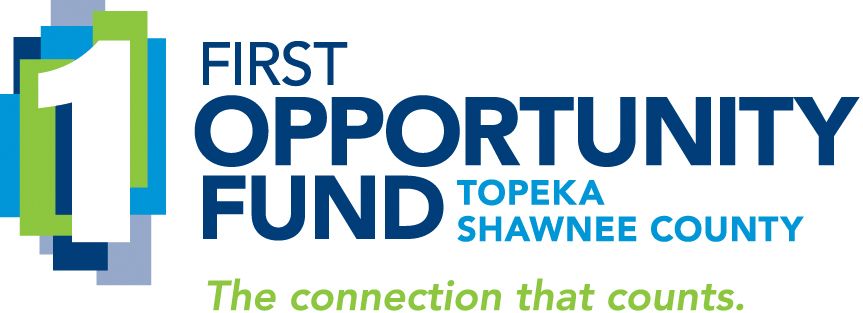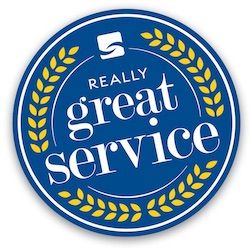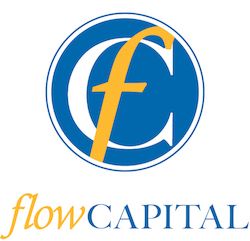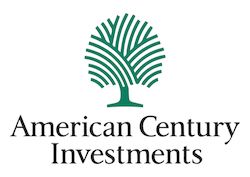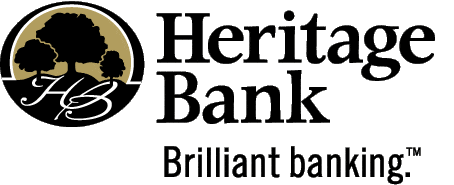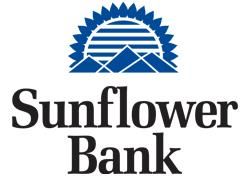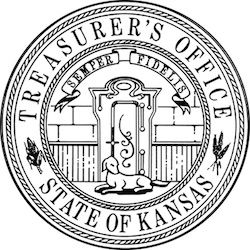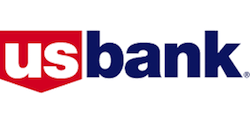
You’ve heard it many times: millennials want financial education. What’s not talked about nearly as often: how to help millennials provide valuable financial education to their own children.
For many millennials, teaching their children about finance is important to help prevent passing on any financial trauma they experienced because they weren’t taught.
Banks can help break these cycles if they realize this is an important matter for their customers—and offer resources and products to address this need.
We recently asked our National Millennial Advisory Board members with children about allowances, family conversations about finance and financial education for their kids. Answers crossed the spectrum in this qualitative discussion.
Some of the surprising things they told us:
Over three-fourths of the group said their bank or credit union has never offered appropriate financial products or education for their children.
Only a tiny number said they learned about financial education for their children through their banker, their employer or through their financial advisor.
Those with kids give allowances or rewards, or plan to at the appropriate age.
Our millennial parents say they give allowances to help their children understand needs vs. wants and how to manage money responsibly. A few of their thoughts are shared here:
“At the end of the week, if he gets enough smiley faces for his daily tasks, he can earn money for his piggy banks. He has two banks: one is 'savings' and one is 'spending.'”
“We put fake money in an envelope for every chore and change the fake money out to real money once a month.”
“… we don’t have a recurring allowance set up. My 11-year-old does chores like loading/emptying the dishwasher, taking out the trash and mowing the lawn to earn activities like the trampoline park or V-bucks for Fortnite.”
“I believe personal finance and financial literacy are so crucial for today’s youth. With the power of social media - the world is just not real to them of what people have and can afford. Comparison is so real and I believe by being knowledgeable about your finances, learning early about investments, we can set them up for a successful financial future.”
The millennial board says they feel lessons around allowances and budgeting are important.
Both in daily life and in school, millennial parents want to rear children who understand wants vs. needs. They want their kids to know how to manage money and credit responsibly.
They said:
“Just because you have money doesn’t mean you need to spend it all. Save some and make wise choices with the rest.”
“I don’t have extra money to pay for allowances. I tell them if they want money, finish school and work for it.”
“We never say we ‘don’t have enough,’ we talk more in line with ‘we prioritize our spending on things we care about.’”
“Between the two of us, we’ve had a bankruptcy and a foreclosure. We were also in credit card debt for over a decade. We’re hoping that our kid can avoid the pitfalls we were in for many years.”
The financial education resources they use for their children vary—and there are unmet needs.
Most of our board is finding these resources for their children on their own. Or they’re still searching.
They noted finding information on Instagram, YouTube and TikTok. Some say they're using Greenlight and Money Bunnies as well as resources at the library.
“On TikTok I watched a video of an elementary teacher providing classroom money to each student at the beginning of the month. But they would be required to pay rent for their desk space. They could use the additional money to purchase items from the class store or save until they earned more money. They could earn by completing assignments on time or helping a classmate. I think it's a cool concept and I'm working to create a system that's similar at home.”
Another asked, “Can we see these results? (from the study). I’d like ideas on how to start incorporating financial discussions and systems once my daughter is old enough!”
The opportunity for financial institutions
“…schools fail at teaching anything (about personal finance). This unfortunately perpetuates inequality as it depends on the knowledge of the parents.”
Banks and credit unions have numerous opportunities to endear themselves to millennial customers—and grow their Gen Alpha future customer base—by offering valuable products and educational resources for their children.
“I’d like it if my bank offered structured, fun courses either online or in a branch for elementary/middle school-aged kids.”
Some ways financial institutions can answer this need:
- partner with an app like Greenlight
- create custom financial education web content for kids and their parents
- share financial articles and interactive tools through social media
- design more kid-friendly accounts
Better use of data can allow the bank to suggest new products based on the age of the customer. For example, when a savings account holder turns 18, is it time for a new checking product or a credit card?
While financial education is important for many generations, millennials—who already are hungry for this knowledge—will value your relationship with them, as well as their children if you will answer this significant concern.
For more insights about millennials and finance, read our article Millennials and real estate investing: some things many bankers don't know.
The Banktastic National Millennial Advisory Board is a group of about 400 diverse millennials from across the United States. They answer our monthly surveys and are active in our private social media community. They are also available for custom research. If you'd like help with attracting millennials to your bank or credit union, let's talk! Contact Martha Bartlett Piland at 785-969-6203 or by
photo credits: piggy bank by Alexander Mils and child with money by Getty Images on Unsplash



